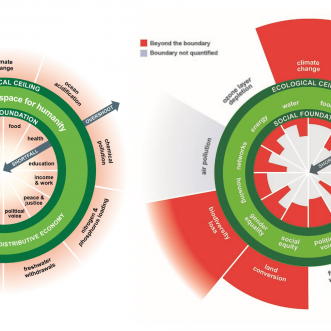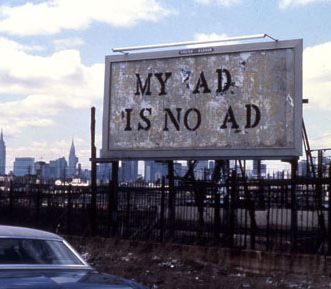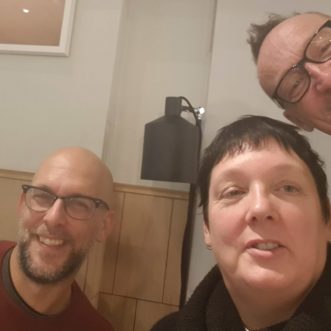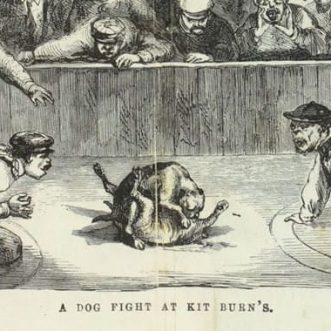
The Law of Attraction
I’ve never seen Anthropologie, the retail chain, advertise. They don’t waste their time, money or energy putting themselves in front of people who aren’t interested in what they have to offer.
Instead they have identified very clearly who it is they want to attract into their stores, then created stores that are magnetic to that kind of person. You either walk past an Anthropologie store, or you walk in. And if you walk in, it’s very likely that you’ll buy something.
It goes even deeper though. Anthropologie’s promise is to send their clients out of the store looking and feeling fabulous. And they are prepared to forego short-term sales to achieve this.
When I was at business school we were told the story of one store that sacked their ‘best’ salesperson. The salesperson was great at selling, but at the expense of sending the customer home with clothing that didn’t make them look and feel great.
For the people Anthropologie serves, Anthropologie’s aim is become part of who they are. Nothing less will do. They wait patiently for the right people to find them, then keep their promise to them religiously. The result is a growing community of enthusiasts.
That’s not magic, that’s dedication.








